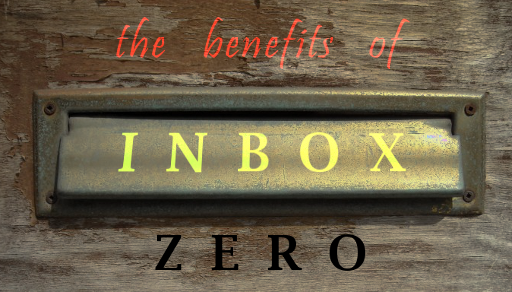Growth is natural. Where there is no growth, there is wilting and ultimately death. This is as true of the physical realm as of the spiritual realm.

Photo credit: Danya Bateman, reused under CC license
Looking back, there have been a number of events which made me grow up. Big steps, if you like. But most of the time, the growth was incidental: sometimes I didn’t choose to go through what I went through; and sometimes I got involved in some activities because I thought I could be useful there. How those activities would change me was never present in my mind. There is one salient exception to this – one time where I was specifically seeking change, but “all” I did then was pray about it: there was no effort or drive in that willingness.
In the past year, though, I started to consciously and consistently seek growth. It was tough at the start. Growth is scary, because with growth comes differentiation, and therefore the fear of going down the wrong track. It is scary, because of misplaced feelings of inadequacy: because my growth requires both my own and other people’s investment. What if I’m squandering other people’s resources? is a question I’ve asked myself a fair few times recently, although this may simply be an expression of my reluctance to grow.
But I ended up going for it. I applied for a gap year type scheme, after much deliberation and prayer. Even though that fell through (due to the uncertainty associated with being a doctoral student), it was the trigger in a chain of decisions that came later. For the past few months, I’ve said yes to pretty much every opportunity to move forward, and got involved in – even sometimes started – some activities deliberately to gain some experience and simply go further.
I ended up being at a state where I’d say yes for the sake of saying yes – not out of a misplaced feeling of obligation, but because I was indiscriminately welcoming all opportunities for growth, particularly where church was involved. I got a phone call about a new project, and said I was interested before stopping and thinking of it in terms of where it would lead me; and it is only after a few days of prayer that I realised it wasn’t “for me”, even though it was an opportunity for growth.
I rejected growth: I said no for the first time in a few months, and not on simple, practical grounds.
But I did not reject growth altogether: I still grow in other projects, and keep on seeking growth elsewhere. I got involved in other projects I potentially would have neglected otherwise. This was pruning, not restraining.
And sometimes, that’s necessary – for growth.
How do you seek growth?
How do you cope with saying “no” to those golden opportunities?



